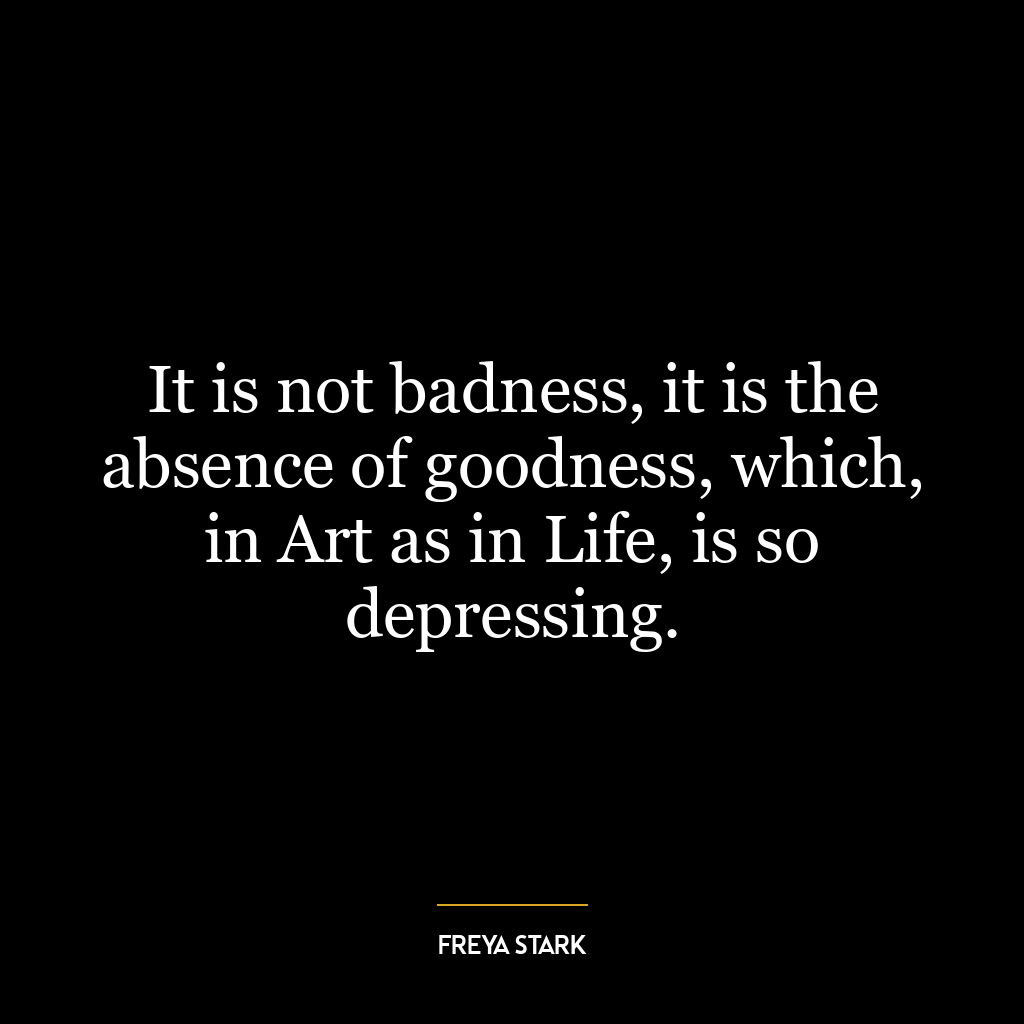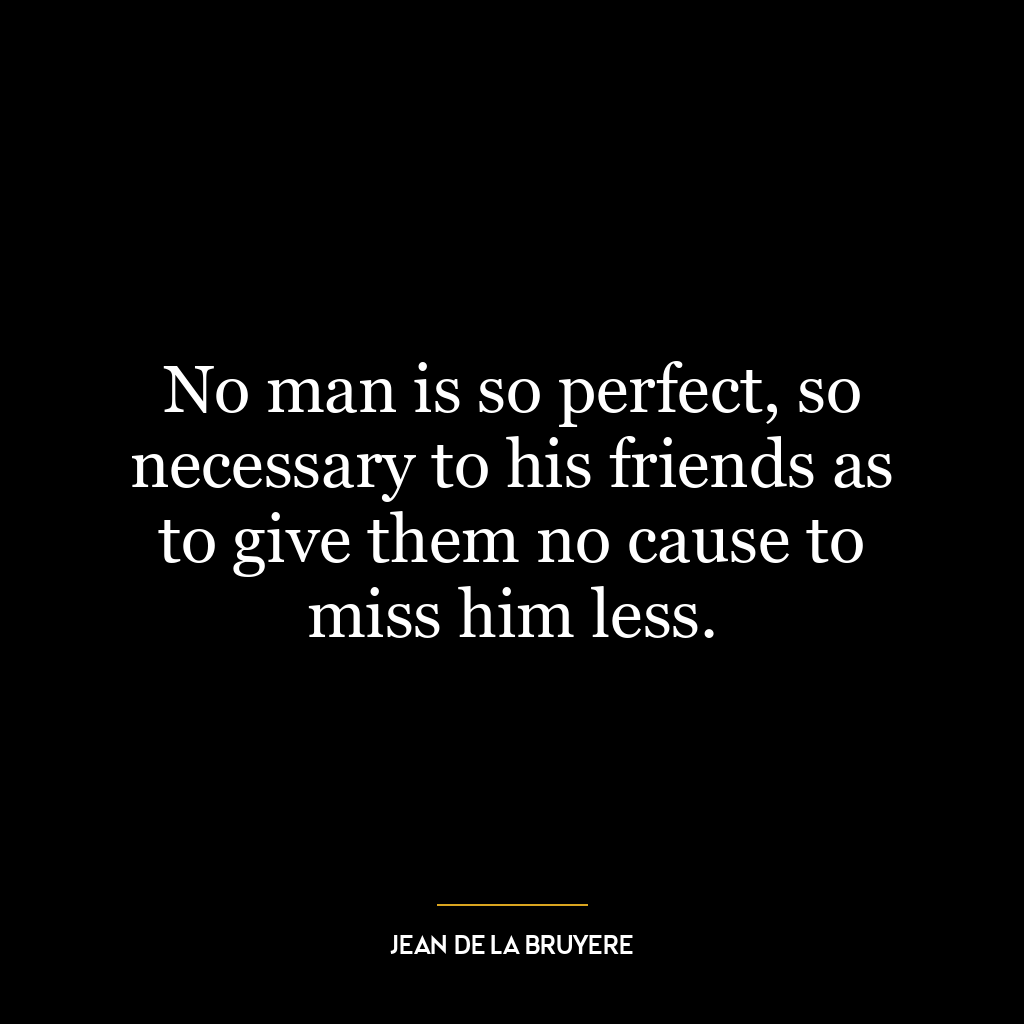Freedom in general may be defined as the absence of obstacles to the realization of desires.
The quote “Freedom in general may be defined as the absence of obstacles to the realization of desires” suggests that freedom isn’t just about the ability to do what one wants, but rather about the absence of barriers that prevent one from achieving their desires or goals. This concept goes beyond the simple understanding of freedom as a state of not being imprisoned or enslaved. Instead, it implies that true freedom involves the ability to pursue and achieve one’s dreams without hindrance.
This quote can be viewed from two perspectives. On one hand, it could mean that freedom is about having the opportunity and the resources to pursue one’s goals. This implies that socioeconomic circumstances, education, health, and other factors can significantly impact one’s freedom. On the other hand, it could mean that freedom is about having the mental and emotional capacity to pursue one’s desires, which suggests that psychological obstacles like fear, self-doubt, and mental health issues can also limit one’s freedom.
In today’s world, this idea is particularly relevant. Socioeconomic inequality, systemic racism, sexism, and other forms of discrimination can serve as significant obstacles to the realization of desires for many people. This highlights the importance of social justice and equality in achieving true freedom for all.
In terms of personal development, this quote suggests that to be truly free, one must overcome not just external obstacles, but also internal ones. This might involve challenging one’s fears, building self-confidence, improving mental health, or changing limiting beliefs. It suggests that personal growth and self-improvement are key to achieving true freedom.










